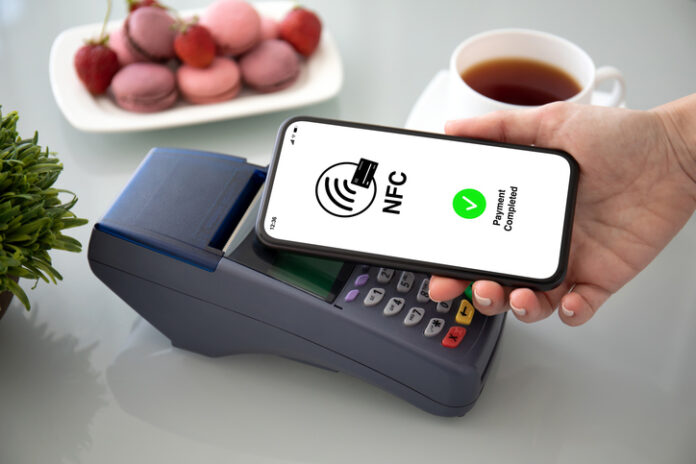Technological progress makes our routine faster, more convenient, and mobile. In particular, access to services, shopping, and the provision and acquisition of services no longer require physical presence, much less the presence of cash in the pocket. Our transactions are now in smartphones and smartwatches. In particular, thanks to NFC (Near Field Communication) technology, which simplifies payment processes and makes them more secure. In a world where speed, convenience, and security are key demands, mobile payments based on NFC have become a solution that allows entrepreneurs and users to adapt to new economic realities. Conversely, as business and financial management expert Dmіtry Leus argues here https://startups.co.uk/blog/dmitry-leus-the-world-is-friendly-to-use-nfc-technology , companies that ignore the evolution of technology will be at risk.
Advantages of NFC-based Mobile Payments
- Convenience and Speed. NFC allows payments to be made with one touch of a smartphone to a terminal or even without moving from a place, making payments online. This significantly speeds up the checkout process, especially when time is a critical factor. Entrepreneurs can reduce customer service time and increase overall productivity and user satisfaction. In addition, NFC allows for serving more clients.
- Contactless and Hygiene. The pandemic has left its mark on people’s behaviour, leaving behind an unpleasant trace of isolation memories. The desire to protect oneself and one’s health plays an important role during interactions with the surrounding world. NFC-based contactless payments allow for avoiding physical contact with money or payment cards, reducing the risk of transmitting bacteria and viruses. Why not take advantage of such an opportunity?
- Security and Data Protection. The use of NFC technology implies additional security levels, such as data encryption and two-factor authentication. This reduces the risk of fraud, as data is not transmitted through open channels, and users have control over their financial transactions.
- Integration with Other Services. NFC-based mobile payments easily integrate with other services: loyalty programmes, transport systems, and even smart keys for houses or cars. This allows entrepreneurs to create comprehensive solutions for their customers, increasing loyalty and revenue.
At the same time, there are certain risks and challenges in the implementation of NFC technologies.
- Technological Barriers. Despite its convenience, NFC requires modern devices and terminals. For small businesses or regions with low technological accessibility, this will be a significant financial challenge.
- Data Security. Although NFC is a secure technology, cyber threats still exist as they evolve in parallel with time. Data theft or device cloning is possible, though unlikely. Entrepreneurs need to invest in additional security systems to minimise risks of data loss and reputation damage.
- Dependence on Infrastructure. NFC-based mobile payments require stable internet connectivity and access to the appropriate terminals. In places with poor coverage or lack of necessary infrastructure, large-scale NFC implementation is impossible.
- Legal and Regulatory Issues. The growth in NFC-based mobile payments attracts the attention of regulators. Entrepreneurs should keep track of changes in legislation and ensure compliance with all requirements, which entail additional operational costs.
NFC technology opens up numerous opportunities for business growth and scaling by offering customers fast, convenient, and secure payment methods. By knowing the risks, this tool can be managed more effectively. For those ready to keep up with the times and adapt to modern technological solutions, NFC will be an effective step in increasing competitiveness in the market.




































